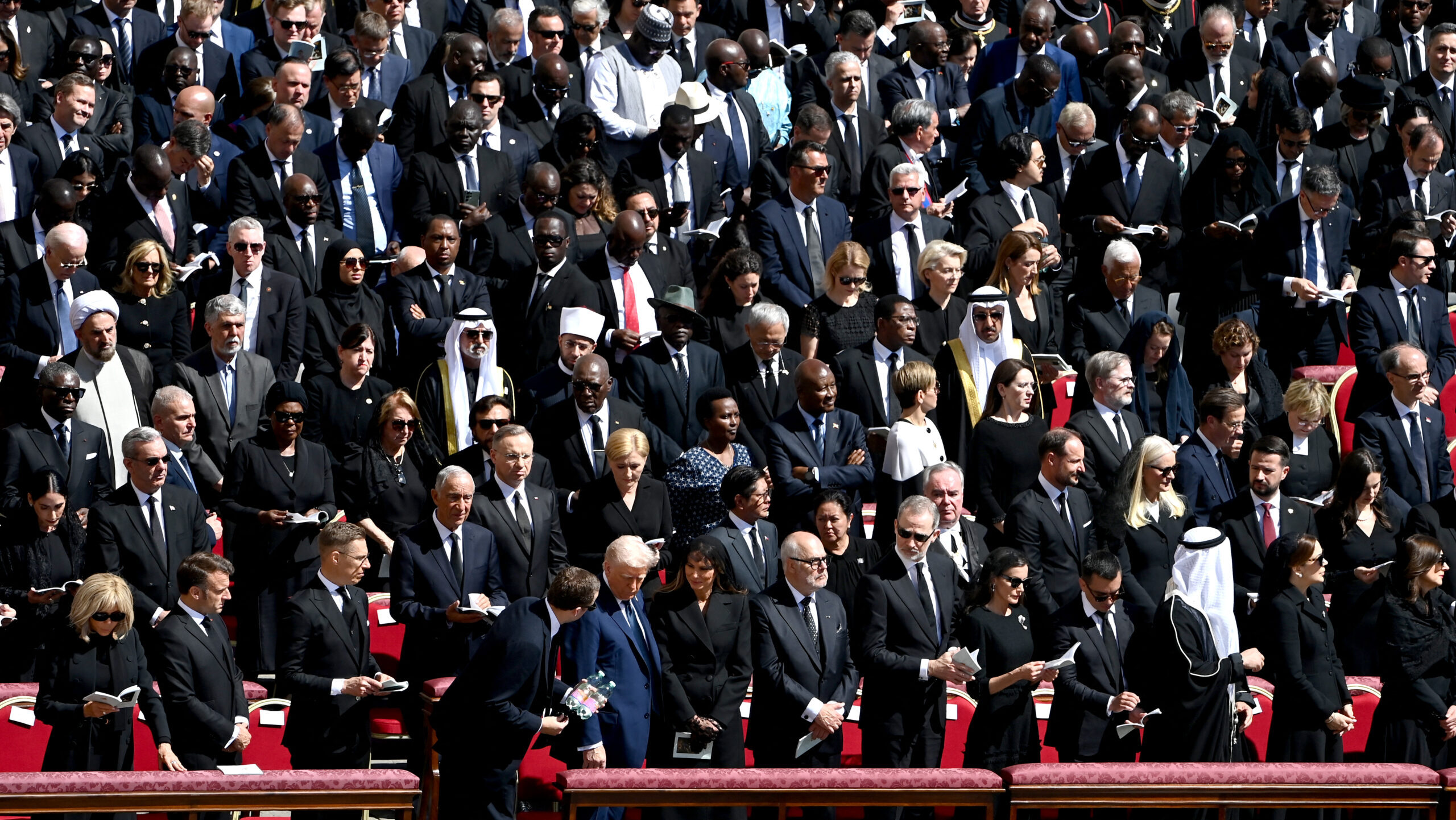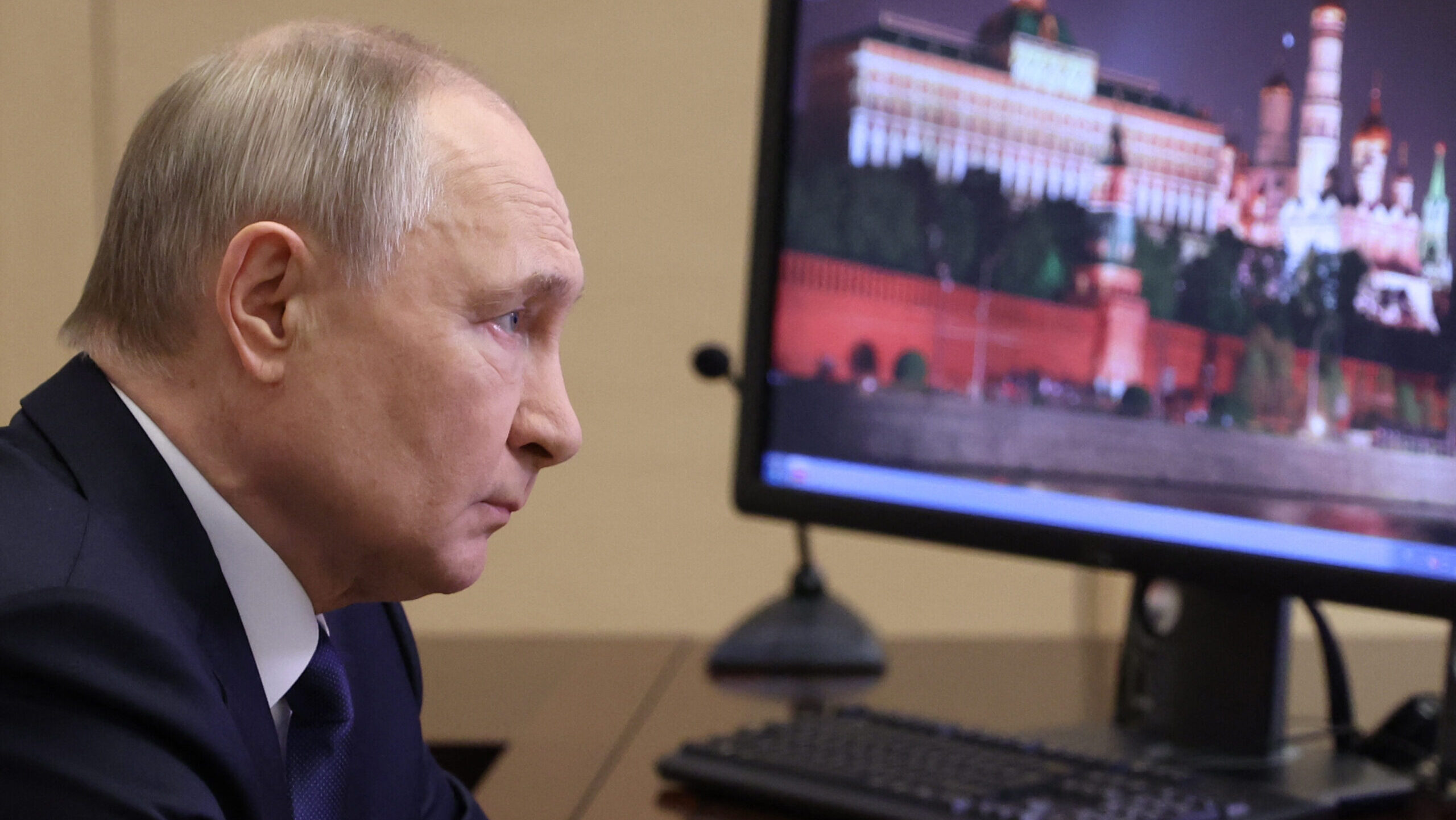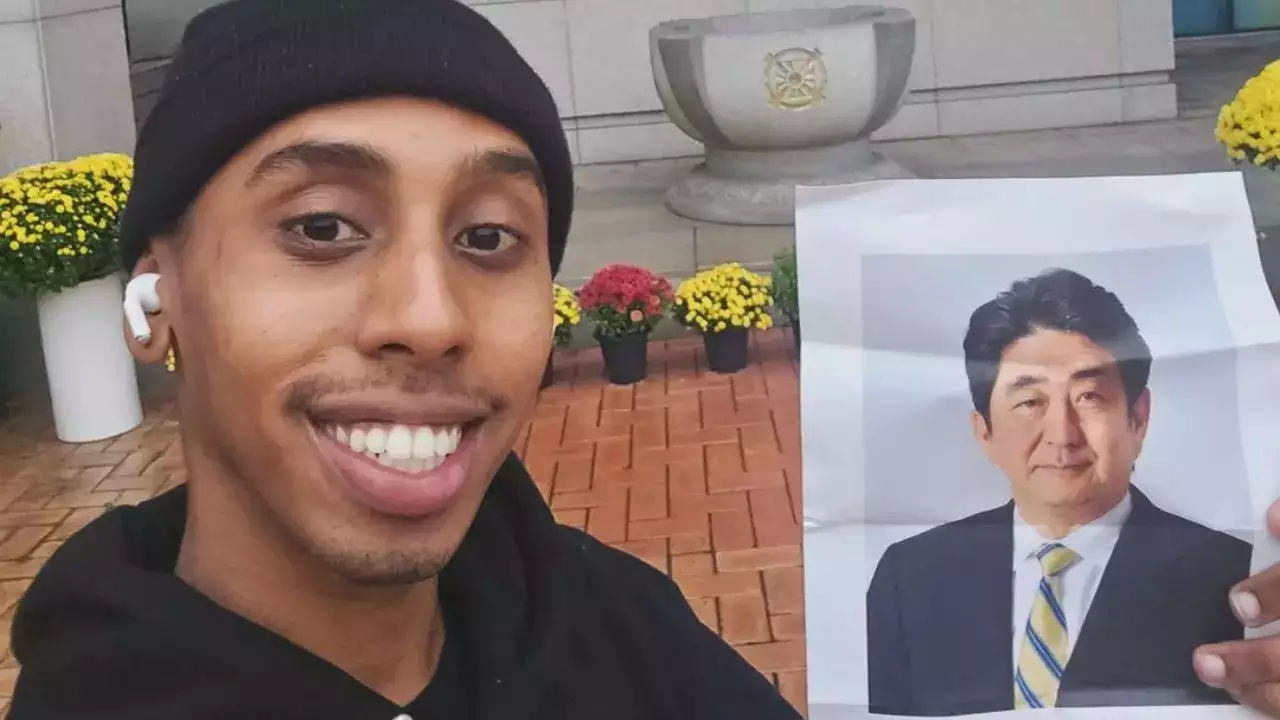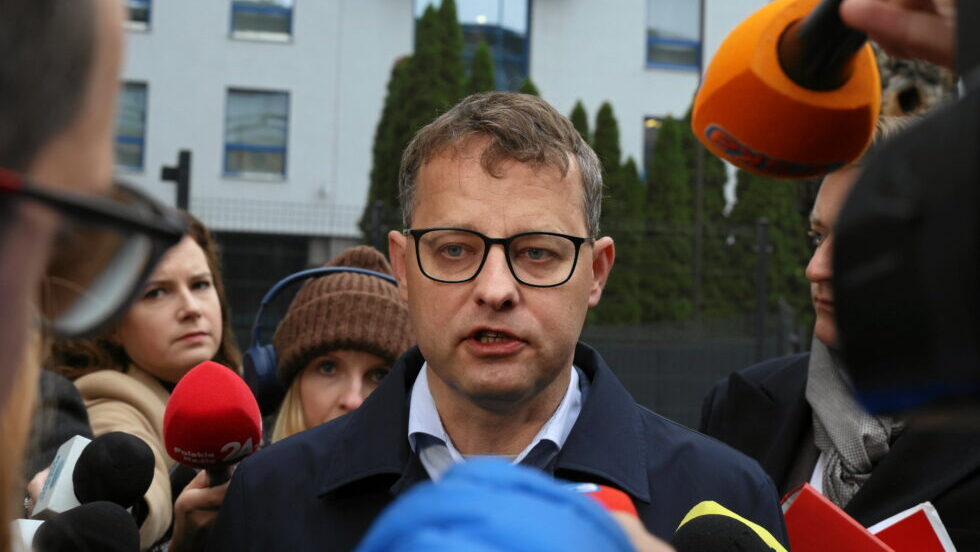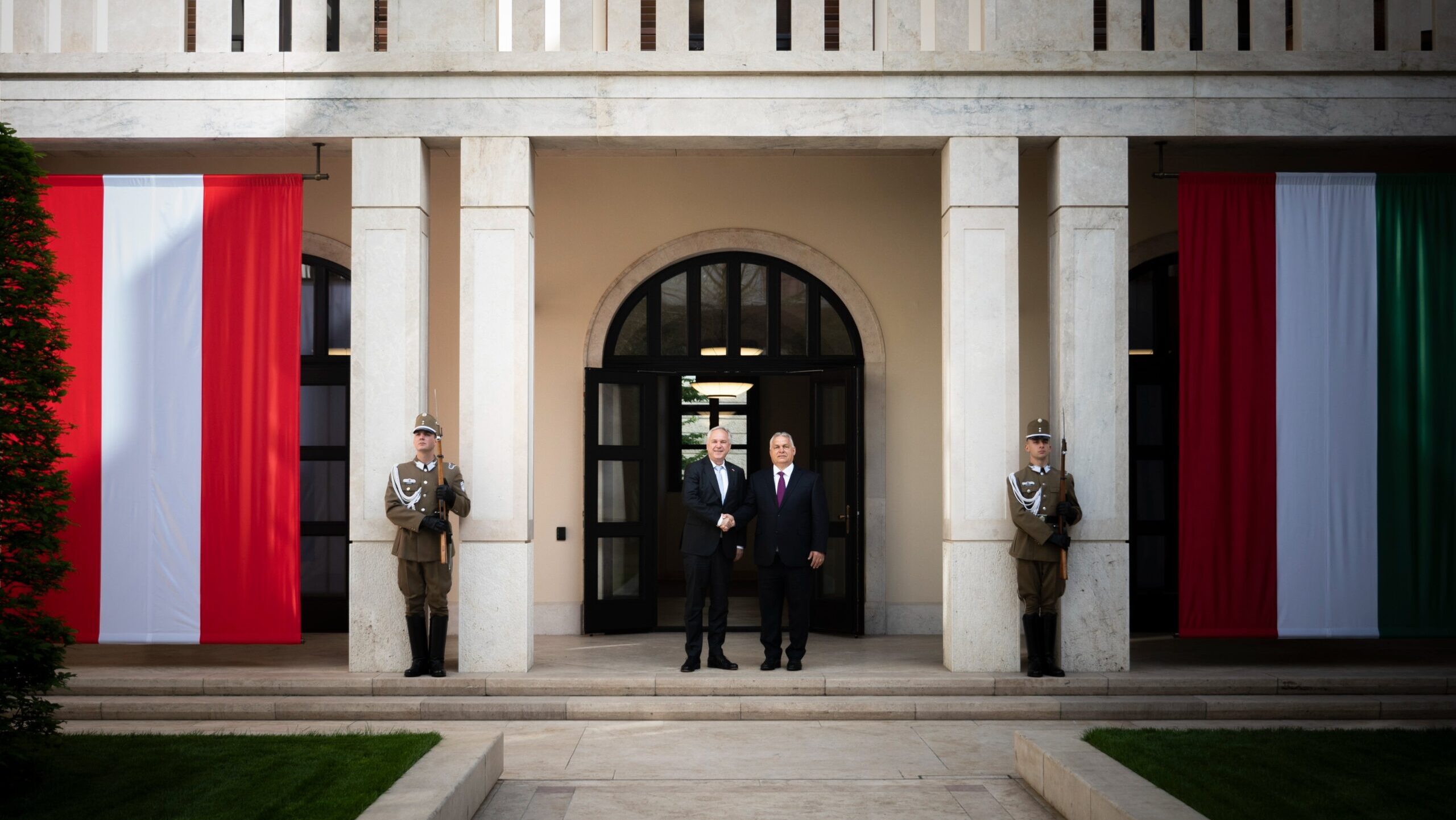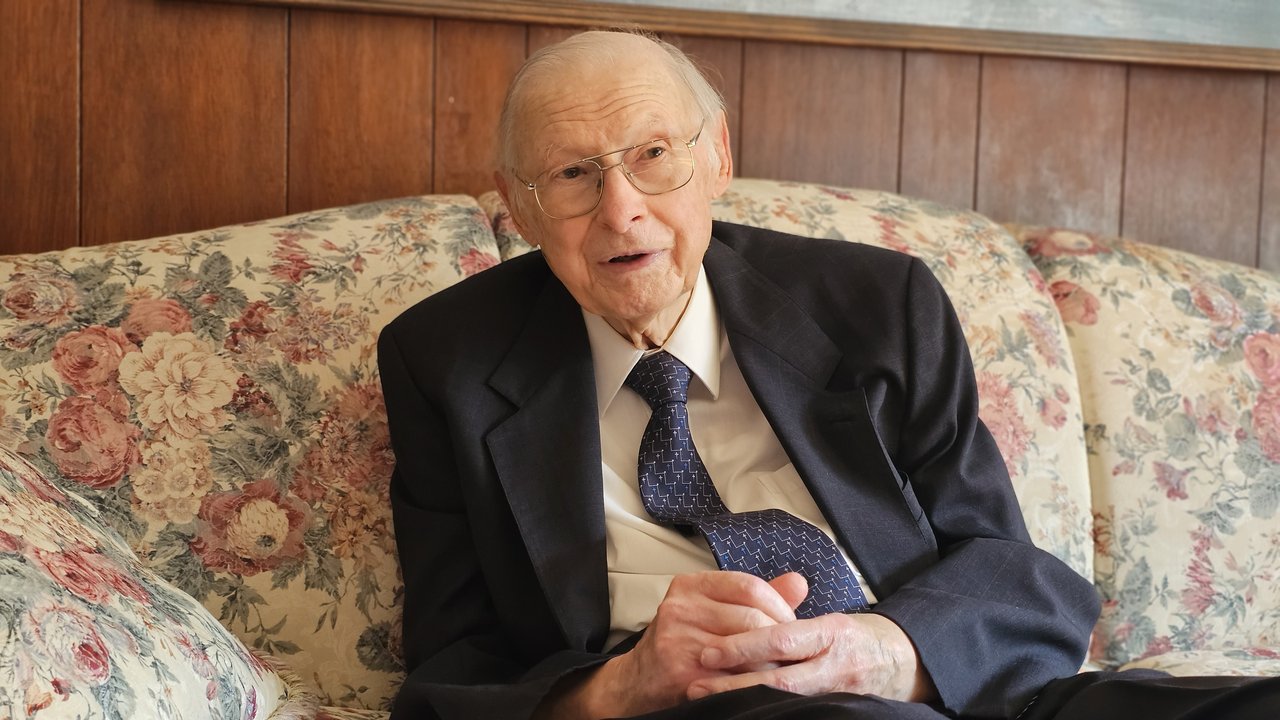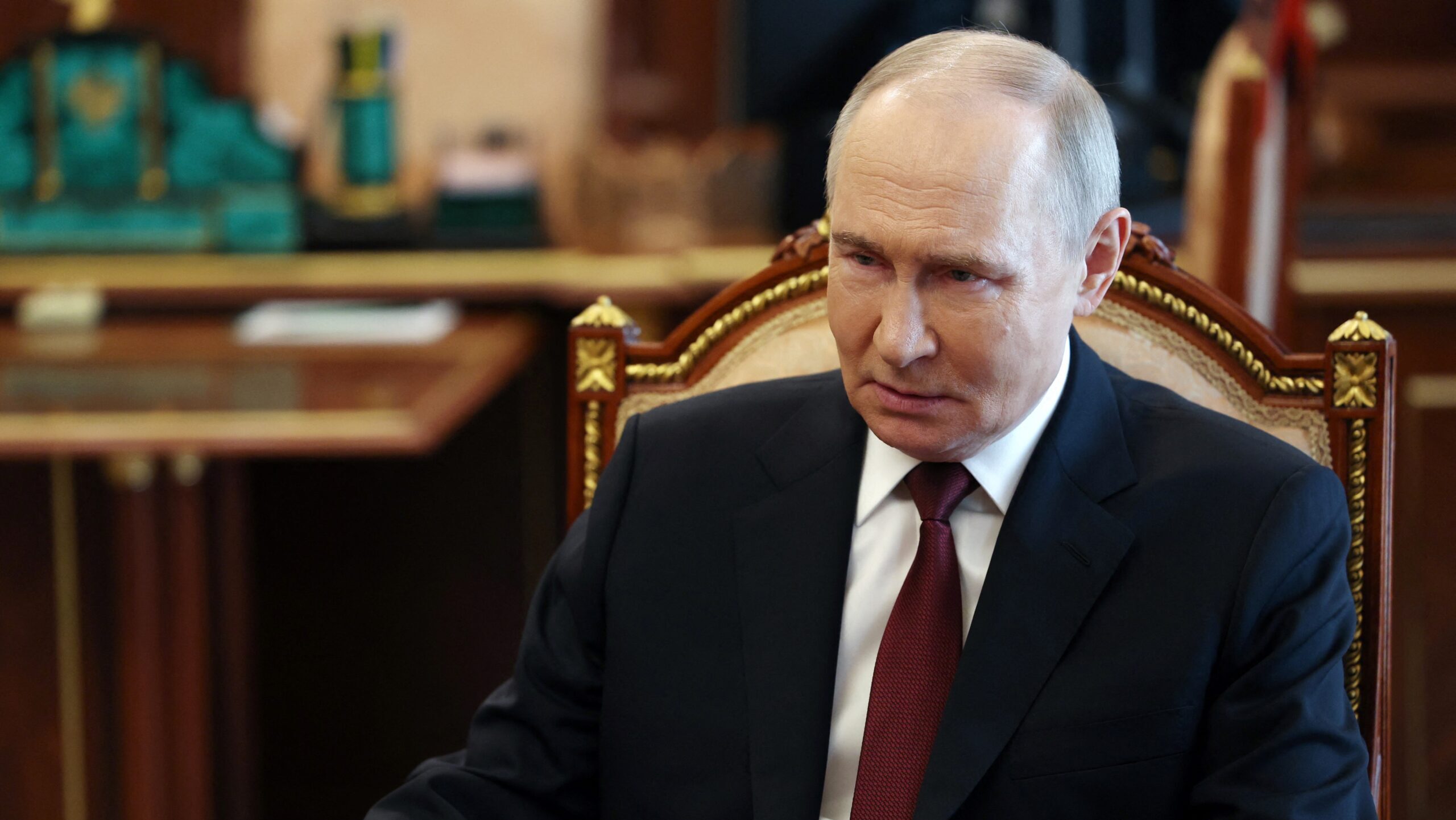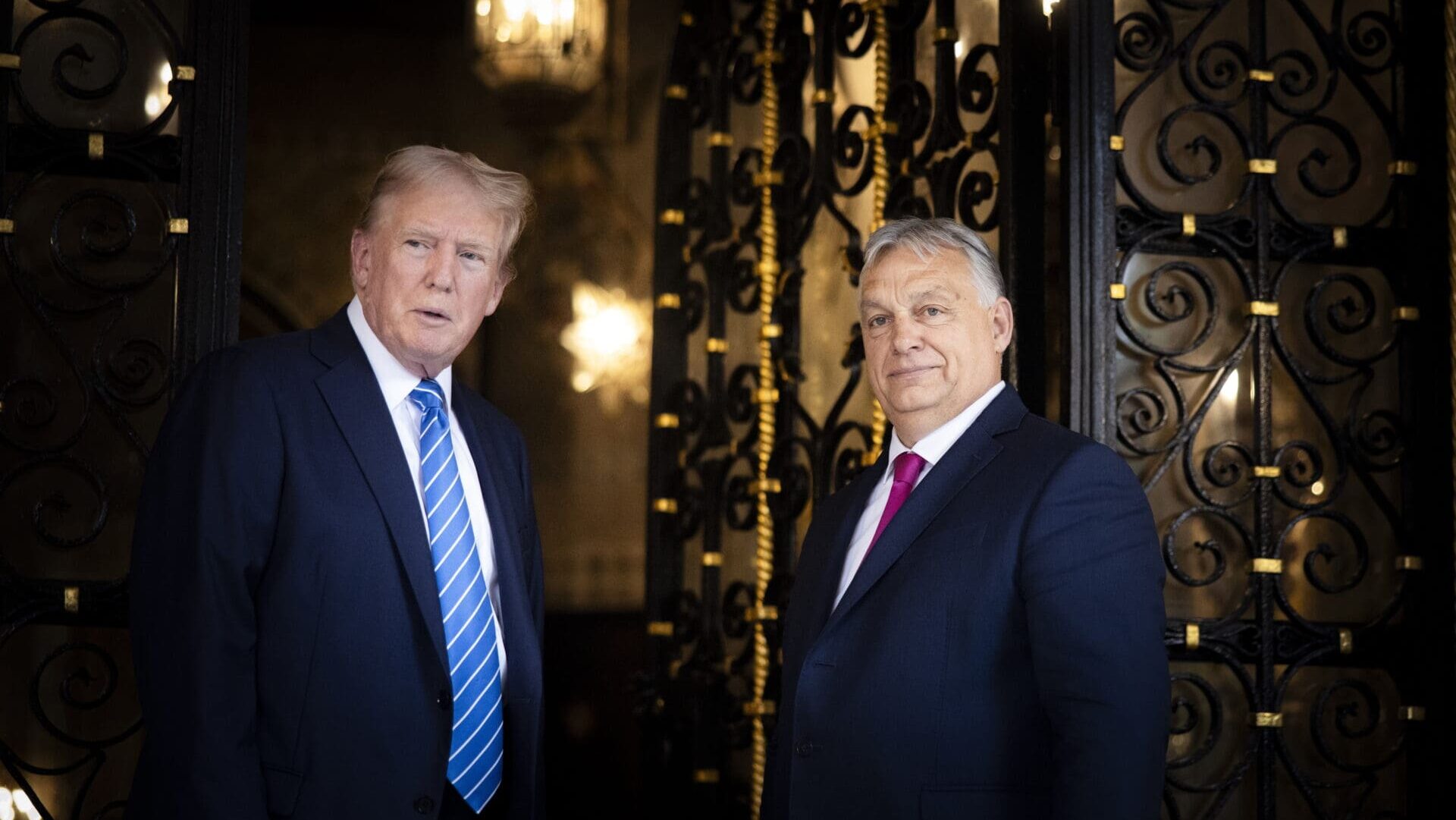
The First 100 Days of Trump from Hungary’s Perspective
Donald Trump has now been in office for 100 days—an important milestone in any presidency. As a close ally, Hungarian Prime Minister Viktor Orbán and Hungary had high expectations of the Trump administration. But what has actually materialized? In this article, we take a closer look at the first 100 days of Trump’s second term through the lens of Hungary.

